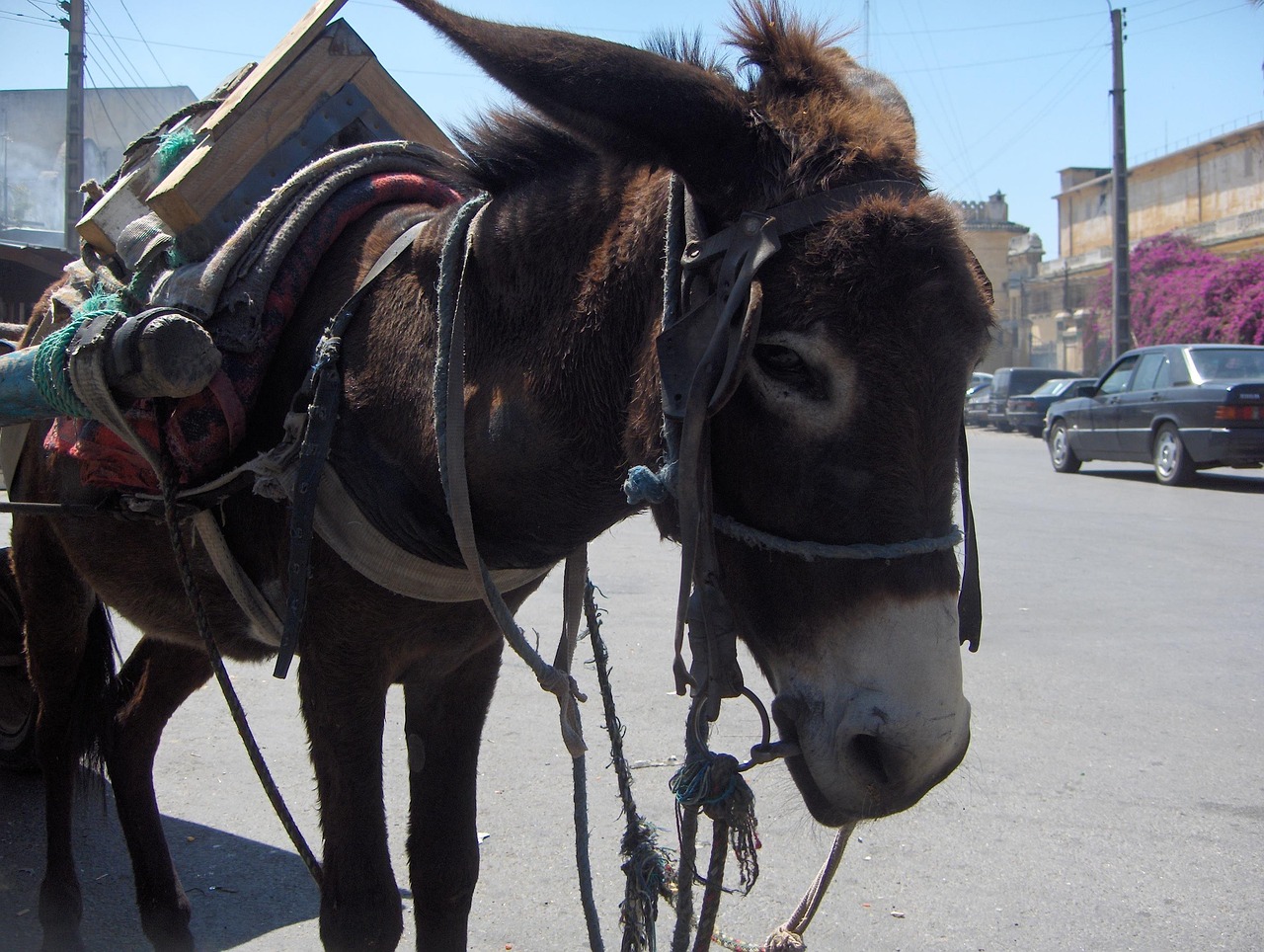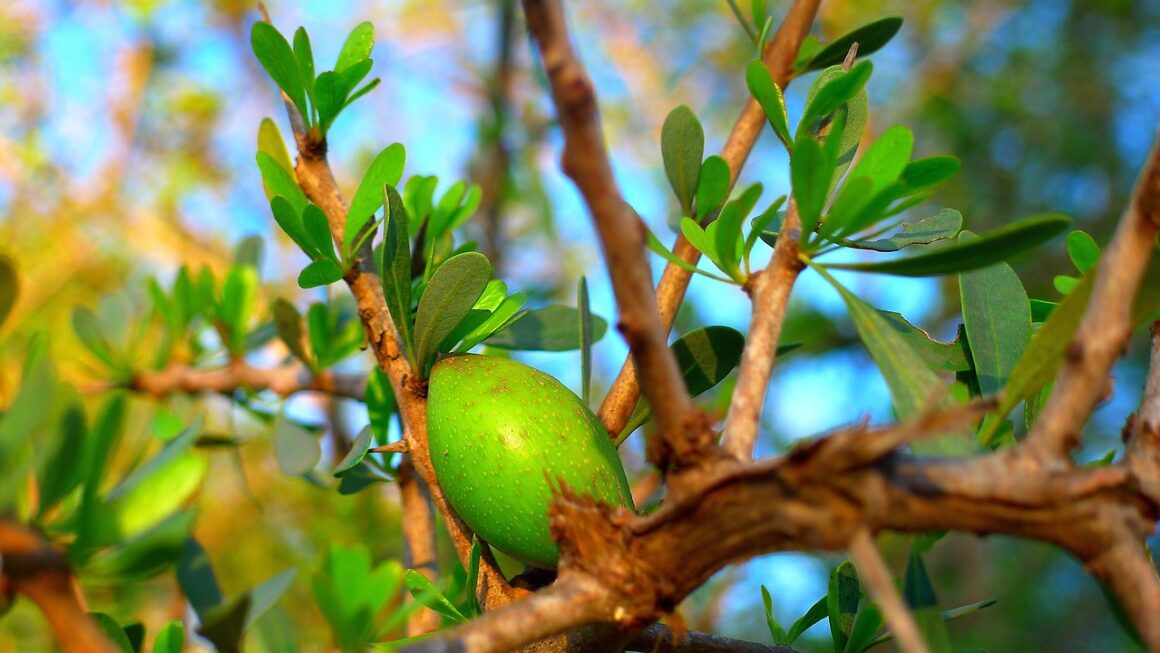Local celebrations – they’re more than just parades and fireworks. They’re the vibrant threads that weave together the fabric of a community, fostering connection, preserving traditions, and boosting local economies. From annual festivals that draw crowds from miles around to small-town gatherings that celebrate unique local harvests, these events offer a unique glimpse into the heart and soul of a place. Let’s delve into the importance, variety, and impact of local celebrations.
The Significance of Local Celebrations
Local celebrations play a pivotal role in defining a community’s identity and enhancing its social cohesion. They provide opportunities for residents to come together, share experiences, and create lasting memories. Understanding why these events are so important can help us appreciate their value and encourage active participation.
Building Community Bonds
Local celebrations serve as potent catalysts for community bonding. They offer common ground for individuals from diverse backgrounds to interact, fostering a sense of belonging and shared identity.
- Reduces Social Isolation: Events provide opportunities for interaction, especially important for those who may experience loneliness.
- Promotes Inclusivity: Celebrations can be tailored to welcome and incorporate various cultural groups within the community.
- Encourages Volunteerism: Participating in organizing and running local events strengthens community spirit.
Preserving Local Traditions
Many local celebrations are deeply rooted in the history and traditions of a region. They provide a platform for passing down cultural heritage to younger generations, ensuring that these customs are not forgotten.
- Maintains Cultural Identity: Celebrations reinforce the values, beliefs, and practices unique to a community.
- Educates Younger Generations: Through participation, children learn about their heritage and its significance.
- Showcases Local Arts and Crafts: Events often feature traditional music, dance, and artisan crafts.
Boosting Local Economies
Local celebrations can have a significant positive impact on the local economy. They attract visitors, generate revenue for local businesses, and create employment opportunities.
- Increases Tourism: Well-organized events draw tourists, boosting local hotel occupancy and restaurant patronage.
- Supports Local Businesses: Vendors, artisans, and food providers benefit from increased sales during celebrations.
- Creates Job Opportunities: Events require staff for planning, logistics, and operations, creating temporary and sometimes permanent employment.
Types of Local Celebrations
The spectrum of local celebrations is incredibly diverse, ranging from harvest festivals to historical reenactments, reflecting the unique character of each community.
Seasonal Festivals
These festivals mark the changing seasons and celebrate agricultural cycles, often featuring food, music, and crafts related to the season.
- Harvest Festivals: Celebrating the bounty of the land, often with pumpkin patches, corn mazes, and farm-to-table meals. Example: A local apple festival featuring apple picking, cider pressing demonstrations, and apple-based treats.
- Winter Festivals: Embracing the winter season with ice skating, snow sculpting, and holiday-themed events. Example: A winter carnival with ice sculptures, snow tubing, and a parade.
- Spring Festivals: Welcoming the arrival of spring with flower shows, garden tours, and outdoor activities. Example: A tulip festival featuring millions of blooming tulips and related arts and crafts.
- Summer Festivals: Celebrating the warmth and sunshine with outdoor concerts, beach parties, and water sports. Example: A local seafood festival featuring fresh seafood dishes, live music, and boat races.
Cultural and Heritage Festivals
These festivals celebrate the cultural heritage of a community, showcasing traditional music, dance, food, and crafts.
- Ethnic Festivals: Highlighting the traditions and customs of different ethnic groups within the community. Example: A Greek festival featuring traditional Greek food, music, and dancing.
- Historical Reenactments: Bringing history to life through live performances and demonstrations of historical events. Example: A Civil War reenactment with soldiers, cannons, and historical battles.
- Indigenous Celebrations: Honoring the traditions and culture of local indigenous communities. Example: A Powwow with traditional dancing, drumming, and crafts.
Arts and Music Festivals
These festivals showcase the artistic talent and musical heritage of a community, providing a platform for local artists and musicians.
- Art Fairs: Featuring local artists selling their paintings, sculptures, jewelry, and other crafts. Example: A juried art fair with artists from across the region showcasing their work.
- Music Festivals: Showcasing local bands and musicians, often with multiple stages and genres. Example: A bluegrass festival with local and national bluegrass bands.
- Film Festivals: Screening independent films and documentaries, often with Q&A sessions with filmmakers. Example: A local film festival showcasing the work of emerging filmmakers.
Planning and Organizing Successful Local Celebrations
Organizing a successful local celebration requires careful planning, community involvement, and attention to detail.
Forming a Planning Committee
A dedicated planning committee is essential for coordinating all aspects of the celebration, from fundraising to logistics.
- Recruit Volunteers: Gather enthusiastic volunteers from the community to assist with planning and execution.
- Assign Roles and Responsibilities: Clearly define roles and responsibilities for each committee member.
- Set Goals and Objectives: Establish clear goals and objectives for the celebration, such as attendance targets and fundraising goals.
Securing Funding and Sponsorships
Funding is crucial for covering the costs of the celebration, including venue rental, entertainment, and marketing.
- Apply for Grants: Research and apply for grants from local, state, and federal agencies.
- Solicit Sponsorships: Approach local businesses and organizations for sponsorships in exchange for advertising opportunities.
- Organize Fundraising Events: Host fundraising events such as bake sales, car washes, and raffles.
Marketing and Promotion
Effective marketing is essential for attracting attendees and maximizing the impact of the celebration.
- Utilize Social Media: Create a social media presence to promote the event and engage with potential attendees.
- Distribute Flyers and Posters: Post flyers and posters in high-traffic areas to raise awareness.
- Contact Local Media: Reach out to local newspapers, radio stations, and TV stations to secure media coverage.
The Long-Term Impact of Celebrations on Communities
The benefits of investing time and resources into local celebrations extend far beyond the day of the event. They contribute to a stronger, more vibrant community in the long run.
Strengthening Community Identity
Consistent and well-attended local celebrations help to solidify a community’s unique identity and attract new residents and visitors.
- Attracts New Residents: A vibrant community with strong traditions is more attractive to potential residents.
- Enhances Community Pride: Residents are more likely to take pride in their community when it has a strong sense of identity.
- Promotes Tourism: Unique and engaging celebrations can attract tourists, boosting the local economy and raising the community’s profile.
Encouraging Civic Engagement
Participating in local celebrations can encourage residents to become more involved in their community and take an active role in shaping its future.
- Increases Volunteerism: People who volunteer for local events are more likely to volunteer for other community initiatives.
- Promotes Collaboration: Organizing and participating in celebrations fosters collaboration between different community groups.
- Builds Social Capital: Celebrations create opportunities for residents to connect with each other and build relationships, strengthening social capital.
Fostering Economic Development
Local celebrations can serve as a catalyst for economic development by attracting investment, supporting local businesses, and creating job opportunities.
- Attracts Investment: A vibrant community with a strong local economy is more attractive to investors.
- Supports Local Businesses: Celebrations provide opportunities for local businesses to showcase their products and services.
- Creates Job Opportunities: Organizing and running celebrations creates temporary and permanent job opportunities.
Conclusion
Local celebrations are more than just fun events; they are crucial investments in the social, cultural, and economic well-being of a community. By fostering community bonds, preserving local traditions, and boosting local economies, these celebrations contribute to a stronger, more vibrant, and more resilient community for everyone. So, get involved, attend a local celebration, and experience the unique charm and spirit of your community firsthand!




